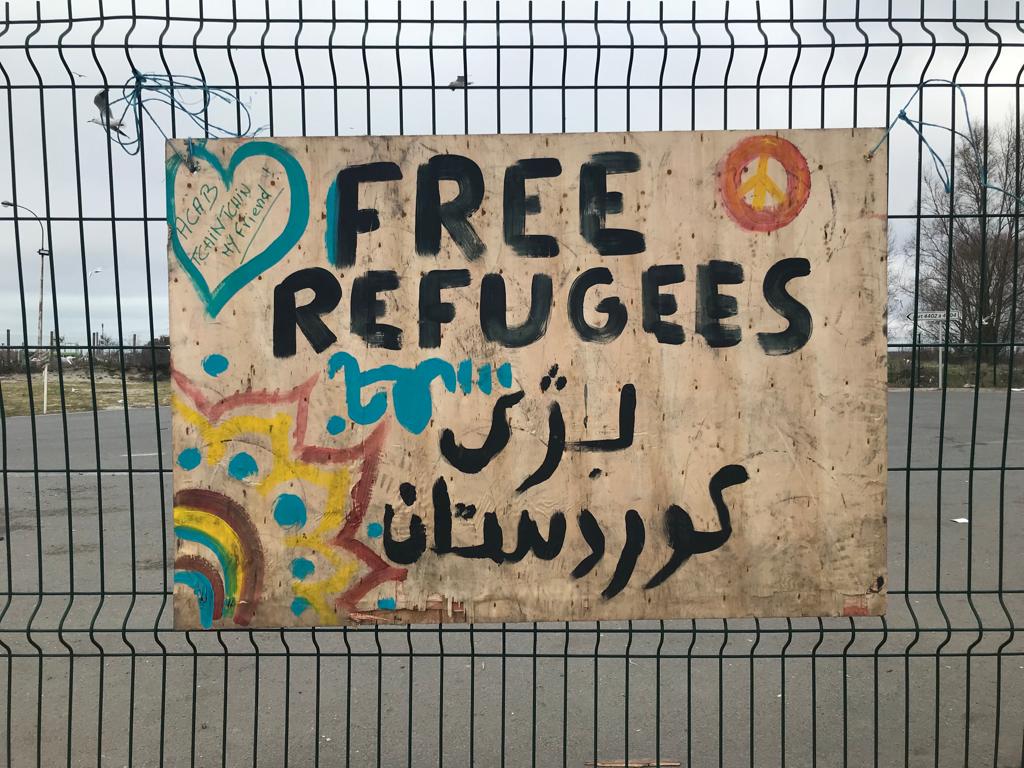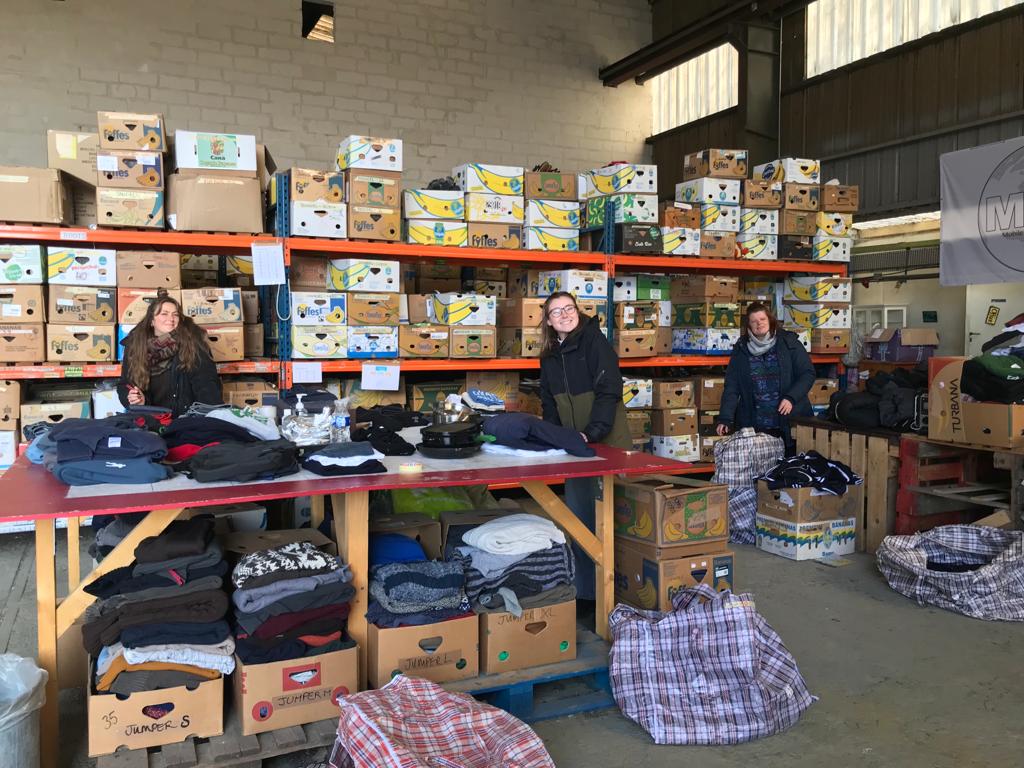In an attempt to slow the influx of channel crossings, the Government are making it harder to enter the UK illegally, yet they aren’t making legal routes more accessible or changing the overloaded processing system.
On the other side of the channel, in France, immigrants are supported by charities, which provide basic amenities. I spoke to Glyn Winchester a volunteer for Mobile Refugee Support in Dunkirk, and she explained to me why these people are still trying to make it to the UK, ‘they’ve escaped being persecuted, tortured, conscripted, they’re running away from the lack of freedom, and they see the UK as a beacon of democracy and justice and fairness.’
Due to the large Calais Jungle forming in 2016, the authorities don’t want permanent camps being set up again. As a result, the camps face unpredictable frequent evictions, in which police will come in, dismantle any tents and structures then offer the asylum seekers stay in a hotel, but it comes with conditions Glyn told me, ‘So when they evict you have the opportunity you can go stay in one of these places overnight and you can shower and have a good night’s sleep, but if you stay a certain amount of time … maybe like five or six days you have to register with France, and the reason people are there is because they want to come to England.
It’s hard to pinpoint how many people are in the camps at any point. In both Calais and Dunkirk charities provide the majority of basic support including water, food, showers, clothes, and first aid. Relying on charity for basic amenities isn’t desirable, but the inaccessibility to safe routes of passage leaves immigrants with few choices.
Glyn told me that in Calais, another town that is a hotspot for channel crossings and camps, the migrants face hostility from the town. On a grassy verge, near Care for Calais’ distribution centre, large boulders were placed to stop tents from being set up, despite the immigrants camping on the outskirts of the town.
‘So, the armed police the CRS do the evictions and then you have clean up teams. That’s being financed by our government because it is part of a deterrent to keep people from coming over.’ Since 2018 the British Government have given £220 million to fund this.
On the 10th of March, a summit between France and England saw the UK pledge £500 million as a part of the Illegal Migration Bill. This money will go towards 500 extra enforcement officers and a new detention centre in France. Downing Street said the centre would “allow migrants to be removed from the French coast”.
To go where?
There are more applications for asylum than the number of migrants who come in through resettlement schemes. According to home office statistics between September 2021-September 2022, 6000 people came through a resettlement scheme or refugee family reunion, whilst nearly 16,000 were granted Asylum.
Glyn is also a board member of Falmouth and Penryn Welcomes Refugees, a community sponsorship group that is a government-backed scheme for a legal route. ‘We came together in 2018, and our first family came here in December 2019. …we thought the worlds going kind of crazy we want to make Falmouth and Penryn a welcoming space… Jude Langdon was the person who got us all together originally, found out about community sponsorship so then it was like we have a purpose here and that’s where we focused on… by September hopefully, we’ll have our third family.’ Glyn comments on the number of hoops they have to understandably jump through to help a family gain legal access to the country.
How many communities know about this support? What other safe routes could the UK offer? How could we process those wanting to settle in the UK more efficiently? Rather than housing them offshore or moving people to a different country, how can we make the UK a welcoming place of opportunity?


